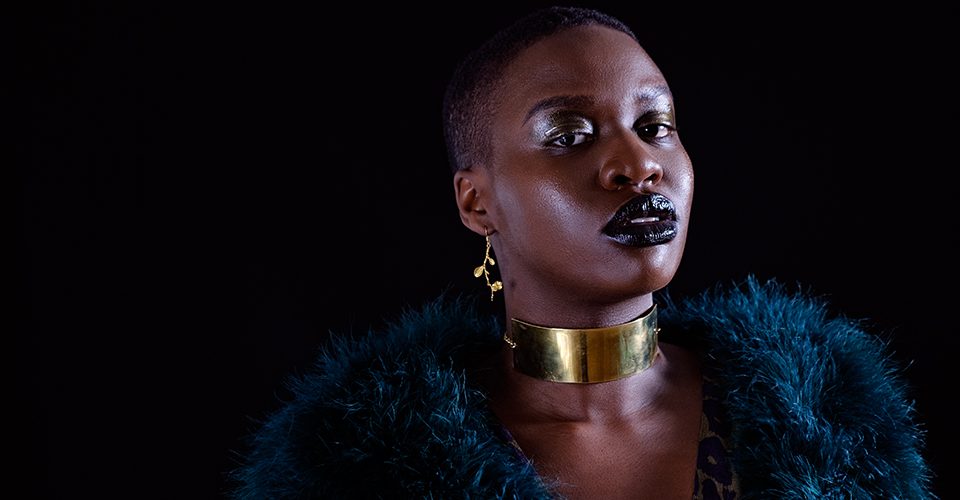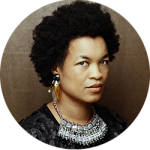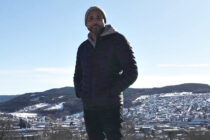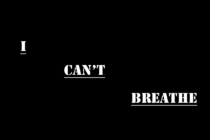The fashion in which Black activists lead has changed over time, from marching crowds to crowd funding. Yet, Black activism remains at the forefront of headlines as much as ever before.
Tune into any news outlet and you’ll hear the battle cries of those fighting for civil rights and liberties at local and national levels, as well as international human rights alike. Stockholm, Sweden and the Afro-Swedish community are no different.
In the 08, the fight for equality rages on!
Blackness isn’t so “lagom”.
As a lifestyle media outlet founded by Black activists, we at Krull recognize that our very existence is possible because of past leaders’ activism. Likewise, we recognize that activism is an integral part of our very existence individually, and as a collective on a mission to add alternative perspectives to mainstream media.
In the coming months we will feature Black activists who will shed light on their lives and fights of everything from daily micro-aggressions to fights that make international headlines.
Stay tuned in.
Stay woke!
In this first installment of the ACTIVISM series, we chat with Juliet Atto. Juliet is a Stockholm-based, out and proud activist.
Krull: How and why did you become an activist?
Juliet: I became an activist because of the love of my people and the hurt and anger of seeing the injustices perpetrated against us around the world. I became an activist to heal my own wounds inflicted by racism, sexism, colorism, queer-phobia and classism. I became an activist because I was tired of being quiet. Tired of feeling like my voice, my presence, my life, didn’t matter. I became an activist because I wanted to organise and revel in the beauty, power, strength and perseverance of black people, of my people. I became an activist because I no longer wanted to be alone and I didn’t want any other black person to feel alone, in particular black LGBTQ people. I became an activist because I want us to unlearn the self-hatred we’ve been taught so we can love ourselves and our counterpart.
What does your activism look like?
My activism today is about recovery and sustainability. I had gone hard without a break for over two years, until I broke. I am trying to not put as much pressure on myself, to not have all the responsibility and do things when I honestly feel like I can and want to. I’m trying to let go of the echoing thought of “If I don’t do it, no one will”. Even if that’s the case, I can’t make it my problem anymore. I’m no good to no one else, to the movement, if I’m not good to myself. So I am unlearning toxic ways and learning healthy, sustainable ones. But my activism also looks like having the best friends I have ever had. My closest friends are black and all of them are or have been active one way or another and fully understand. Together we laugh, love, cry and heal.
What is the best advice you’ve received regarding activism, and what advice would you give to other activists?
The best advice I’ve gotten about activism is also the advice I would pass on: self-care. Give time to yourself and recovery, something that I’m still learning and trying to do. As Audre Lorde said: “Caring for myself is not self-indulgence, it is self-preservation, and that is an act of political warfare”. Us black women in particular have the burden of a whole community, the whole world, on our shoulders and have to constantly put everyone and everything ahead of ourselves. We’re meant to save the world while no one is saving us. Put yourself and your own well-being first. Surround yourself with people who understand the importance of recovery, of sustainable activism and self-preservation. Save yourself first, the world can wait.
[aesop_gallery id=”4115″ revealfx=”off” overlay_revealfx=”off”]
photography ANDREA DAVIS KRONLUND @andreakronlund
styling SAMANTHA BRAUN @afropolonia
makeup JENNIFER KALLIN KILMAN @byjenniferkilman
model JULIET ATTO @julesatto
BRANDS: Crude Boot Company, Langaeble, Oscar Jacobson, Pello Bello, Saint Tropez, Scampi, Sofia Weman, Soft Rebels, Superga





